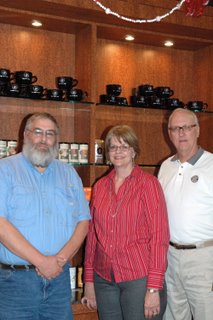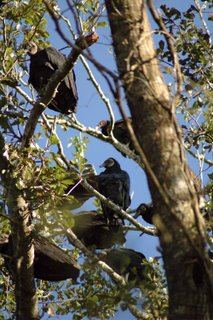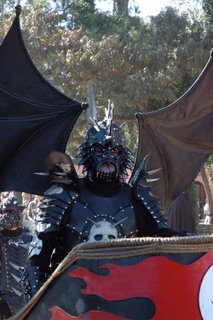An international team has unravelled the secrets of a 2,000-year-old computer which could transform the way we think about the ancient world.
Professor Mike Edmunds and Dr Tony Freeth, of Cardiff University led the team who believe they have finally cracked the workings of the Antikythera Mechanism, a clock-like astronomical calculator dating from the second century BC.
Remnants of a broken wooden and bronze case containing more than 30 gears was found by divers exploring a shipwreck off the island of Antikythera at the turn of the 20th century. Scientists have been trying to reconstruct it ever since. The new research suggests it is more sophisticated than anyone previously thought.
Detailed work on the gears in the mechanism show that it was able to track astronomical movements with remarkable precision. The calculator was able to follow the movements of the moon and the sun through the Zodiac, predict eclipses and even recreate the irregular orbit of the moon. The team believe it may also have predicted the positions of some or all of the planets.
This can be filed under "seriously cool". This will be published in Nature and I am looking forward to reading the article when it appears. Professor Edmunds raises the tantalizing question of what else the Greeks were making at the time, if they could design a mechanical computer as sophisticated as this.


















